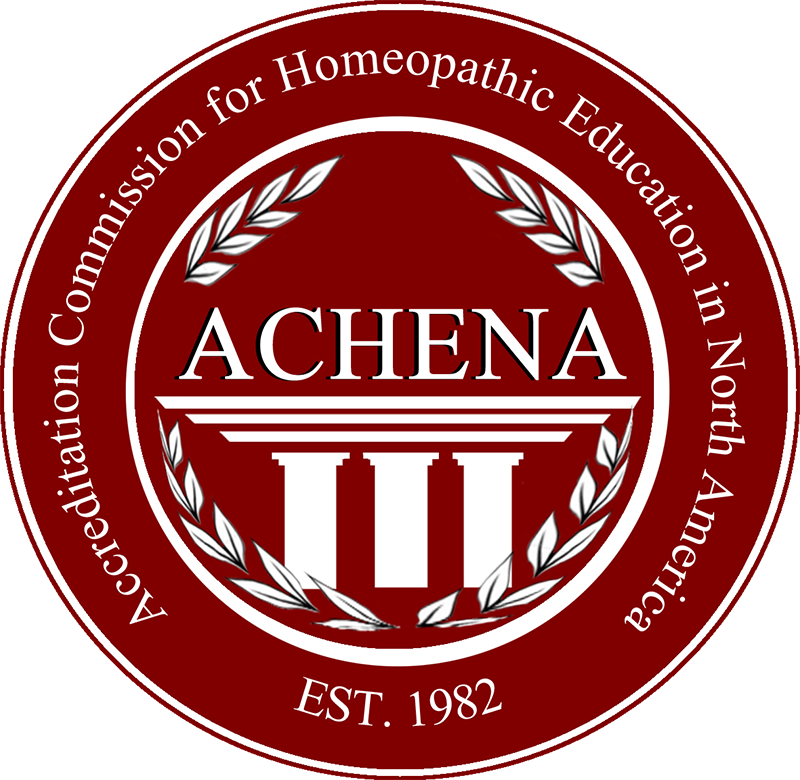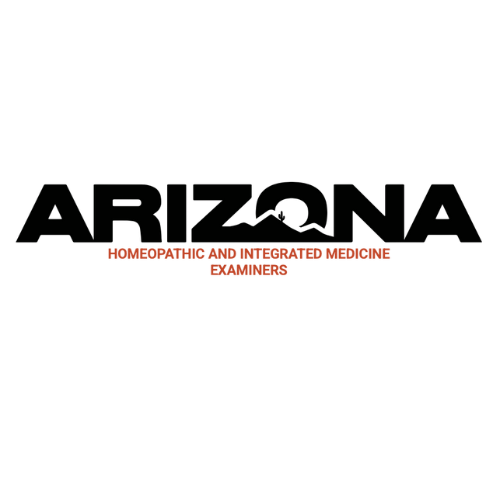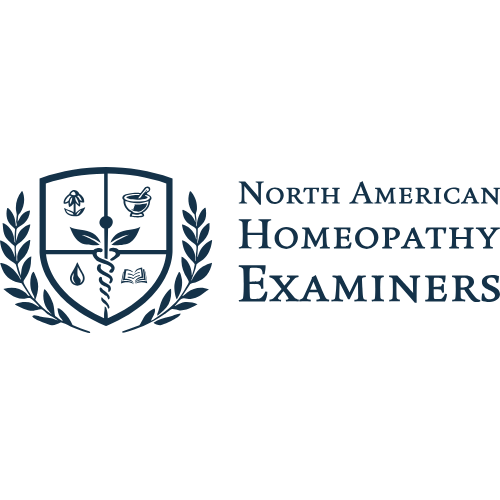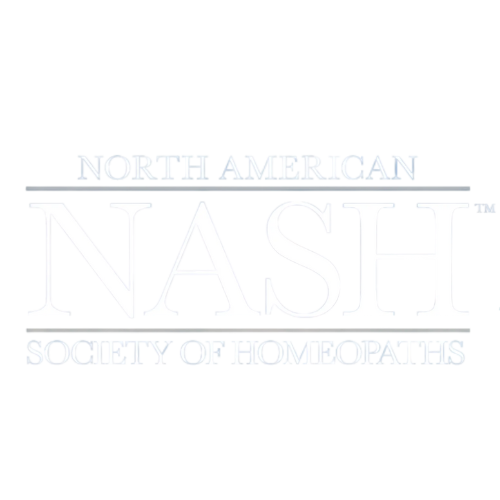The scope and practice of homeopathy is diverse, within the US, and across the globe. There are many levels of training and a variety of credentials a practicing homeopath may carry, depending on that practitioner’s locality, education, experience, and demonstration of knowledge, skill, and competency. AHE graduates can pursue professional licensure, professional registration, and/or certification.
1. Professional Licensure
AHE’s professional homeopathy training program is accredited by the Accreditation Commission for Homeopathic Education in North America (ACHENA), and prepares students to practice at the level of a Licensed Homeopathy Practitioner (LHP), and Board Certified Homeopathy Practitioner (CHP).
AHE stands behind the best practices which provide inclusion and consumer access to homeopathy, and support homeopathy’s recognition as a consumer trusted modern medical profession.
Essential to these best practices are:
- Accredited education
- Peer review and examination – testing the practitioner’s knowledge, skills, and competency
- Credentialling, i.e., certification or licensure which requires the previous two points
Currently, the credentials available in the US which meet these best practices are:
- Licensed Homeopathic Practitioner (LHP) through the Arizona Board of Homeopathic and Integrated Medicine Examiners (AHIME), available to any US resident who has successfully completed an ACHENA accredited homeopathy training program and has passed an exam approved by AHIME (currently the HPLEX or the CHC exam).
- Board Certified Homeopathy Practitioner (CHP) through the North American Homeopathy Examiners (NAHE), available to any applicant who successfully completed an ACHENA accredited homeopathy training program and has passed the HPLEX exam. US residency is not required for the CHP.
To learn more about these credentials, apply to sit for the HPLEX, and qualify for the LHP or CHP, visit North American Homeopathy Examiners.
To apply for your professional license, use these forms:



2. Professional Registration
An additional credentialling opportunity for graduates of AHE includes the RSHom(NA) designation which is a Professional Registration through the North American Society of Homeopaths (NASH). NASH is the national association representing professional homeopathy practitioners and, among its many other benefits, provides members access to practitioner liability insurance. AHE encourages all students and graduates to seek student or professional membership with NASH.
Students and graduates outside the US are encouraged to research the credentials available to professional homeopaths in their locality.

3. Other Certifications
It is important to emphasize that educational accreditation is expected of every medical profession, whether the practitioner holds a certification or a license. The accreditation of homeopathy schools in the US is essential for the protection of homeopathy students, the public, and the profession.
Additional certifications for professional homeopaths do exist, but it is the opinion of AHE that these certifications are not aligned with the best practices essential to the stability of a modern medical profession and the protection of its students, consumers, and practitioners.
While each individual homeopathy student, graduate, and practitioner is free to choose the credentialling path that best aligns with their values, AHE as an institution, will only endorse those credentials which we believe to uphold and protect the profession through the highest standards of homeopathy education and professionalism. Currently, those professional credentials are the Professional Homeopathic Practitioner License (LHP), the Certified Homeopathy Practitioner (CHP), and the NASH Professional Registration(RSHom(NA)).









